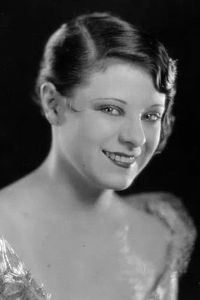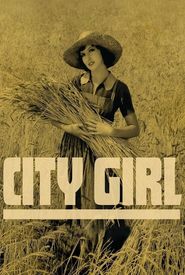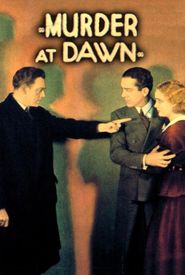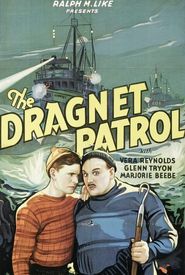Marjorie Beebe's life story is a fascinating tale of growth, transformation, and eventual decline. Born in Missouri, she made the bold move to California as a teenager alongside her mother. By 1924, she had secured a job at Universal, but it was her subsequent move to Fox that truly launched her career. Her innate talent for comedy began to shine through as she played supporting roles in numerous Fox features. Her breakthrough performance came when she was cast in the title role of "The Farmer's Daughter" in 1928, earning her widespread acclaim and recognition as the best comedienne to emerge in many years.
Mack Sennett, renowned as the "King of Comedy," took notice of Beebe's exceptional abilities and soon welcomed her to his team. This marked a significant turning point in her career, as she transitioned from feature-length films to starring in Sennett's two-reel shorts. Moreover, she began to appear in talkies, a radical departure from the silent era. Beebe starred in approximately forty shorts for Sennett, many of which were specially written for her. The titles often featured her name, and she played the character Marge. One notable example, "Cowcatcher's Daughter" (1931),was a clear nod to her earlier Fox triumph. She was also loaned to other studios, including Paramount and Vitaphone. Sennett himself predicted that Beebe had the potential to become the greatest comedienne the screen had ever seen.
However, Sennett's financial struggles in 1933 had a devastating impact on Beebe's career. She was forced to revert to feature films and supporting roles, where her comedic talents were unfortunately underutilized. In 1940, she finally retired from the movie business, opting instead to focus on property and live a life of reasonable contentment with her third and final husband, Andy Andersen.


























